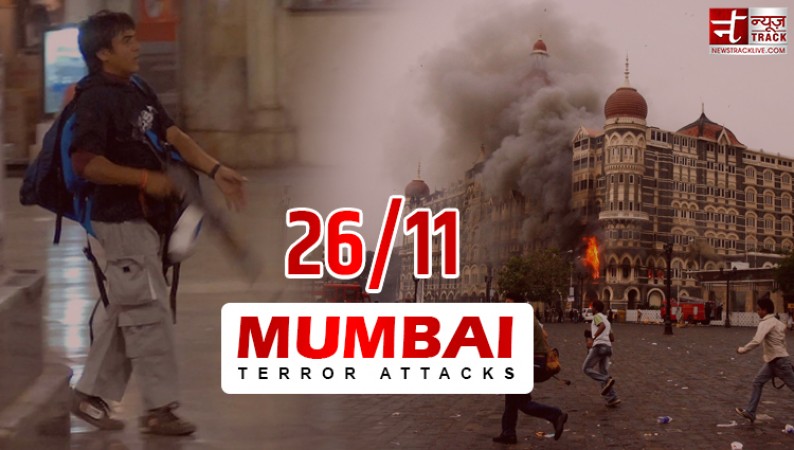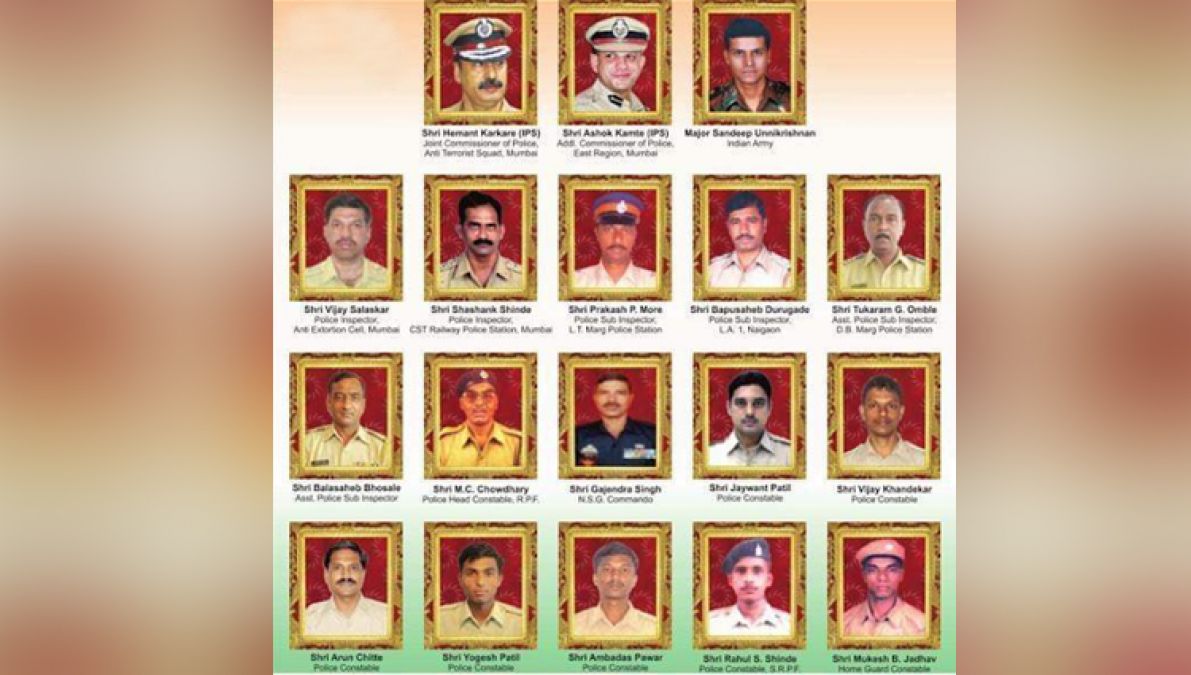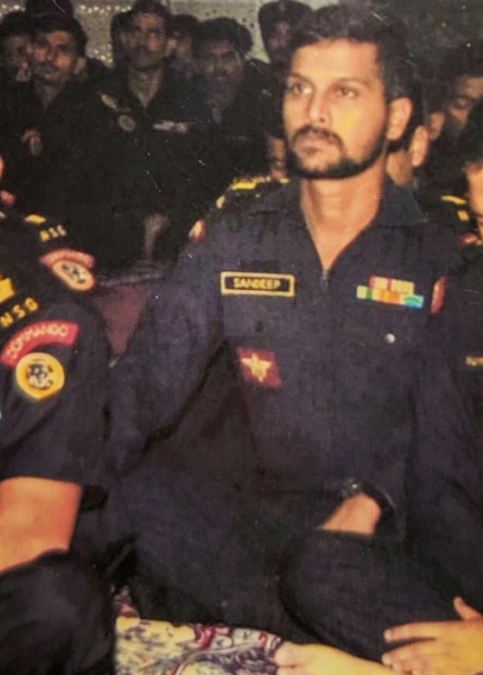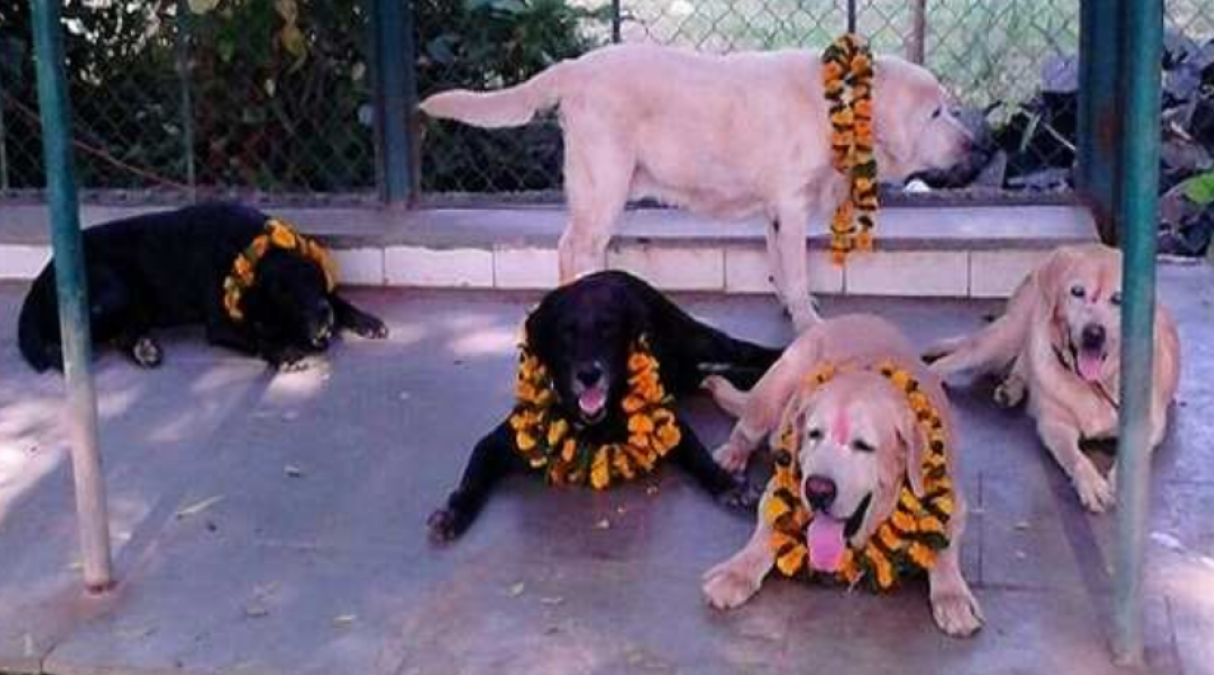
New Delhi: Ten gunmen who were thought to be linked to terrorist group Lashkar-e-Taiba, which has a base in Pakistan, carried out the attacks.
The terrorists attacked civilians at several places in the southern region of Mumbai, using automatic weapons and grenades, including the Chhatrapati Shivaji Railway Station, the famous Leopold Cafe, two hospitals and a theatre.
Most of the attack ended shortly after it began around 9:30 on 26 November; However, terror persisted at three places where the hostages were held: the Oberoi Trident and the Taj Mahal Palace & Tower luxury hotels, Nariman House, which housed a Jewish outreach centre.
Also Read: Canada investigates claims that Chinese "police service stations" pose security threats
By the time the standoff ended at Nariman House on the evening of 28 November, six hostages and two gunmen had died. Many visitors and staff at the two hotels were either taken hostage or trapped by gunfire.
At the Oberoi Trident around noon on 28 November and at the Taj Mahal Palace the next morning, Indian security forces lifted the siege. A total of at least 174 people were killed, including 20 members of the security forces and 26 foreigners. More than 300 people received injuries. One terrorist was detained, nine out of ten terrorists were killed.
An unidentified group claiming to be the Mujahideen Hyderabad Deccan claimed responsibility for the attacks in an email, while there was speculation about who the terrorists were. However, the email was later traced to a computer in Pakistan, and it became clear that there was no such group.
Some speculated that the Islamic militant organization al-Qaeda may have been involved in the attacks as the terrorists reportedly targeted Western foreigners at both the luxury hotels and Nariman House, but this came after the lone terrorist, Ajmal Amir Kasab, was arrested. Appeared to be untrue, provided detailed information about the planning and execution of the attacks.
Also Read: Iran planning to attack Qatar during FIFA World Cup- Report
Kasab, a native of Pakistan's Punjab province, told investigators that the 10 terrorists received extensive training in guerrilla warfare at Lashkar-e-Training Taiba's facilities. He also revealed that the terrorist team had spent time at the Jamaat-ud-Dawa headquarters in Muridke town before traveling from Punjab to the port city of Karachi and boarding a ship for Mumbai.
Gunmen boarded a cargo ship flying the Pakistan flag before hijacking an Indian fishing vessel and killing its crew. Once they were close to Mumbai's coast, they used inflatable canoes to visit Badhwar Park and Sassoon Docks, which are close to the city's Gateway of India monument.
The terrorists then split into smaller groups and left for their individual targets. Later, Kasab, who was accused of several crimes including murder and waging war, withdrew his admission. His trial got underway in April 2009, but was delayed several times after it was discovered that Kasab was over 18 and therefore could not be tried in a juvenile court.
Despite entering a guilty plea in July, the trial went ahead and in December he declared his innocence. Kasab was convicted and sentenced to death in May 2010; He was put to death two years later.
Syed Zabiuddin Ansari (also known as Syed Zabiuddin) was detained by the Delhi Police in June 2012 on suspicion of being one of the individuals who helped train terrorists and lead them during the attacks Was. A Pakistani American named David C. Headley also pleaded guilty in 2011 to assisting terrorists in planning attacks and a US A federal court sentenced him to 35 years in prison in January 2013.
Also Read: White House 'Committed' To name Eric Garcetti As India Envoy
Honoring the heroic victims of the Mumbai terrorist attacks

Martyrs of Mumbai Police
 Major Sandeep Unnikrishnan 51 SAG, NSG
Major Sandeep Unnikrishnan 51 SAG, NSG

3. Sultan, Tiger, Max, and Ceaser, four sniffer dogs from the Bomb Detection and Disposal Squad of the Mumbai Police, saved countless lives by detecting RDX, IEDs, and other explosives with their keen noses.